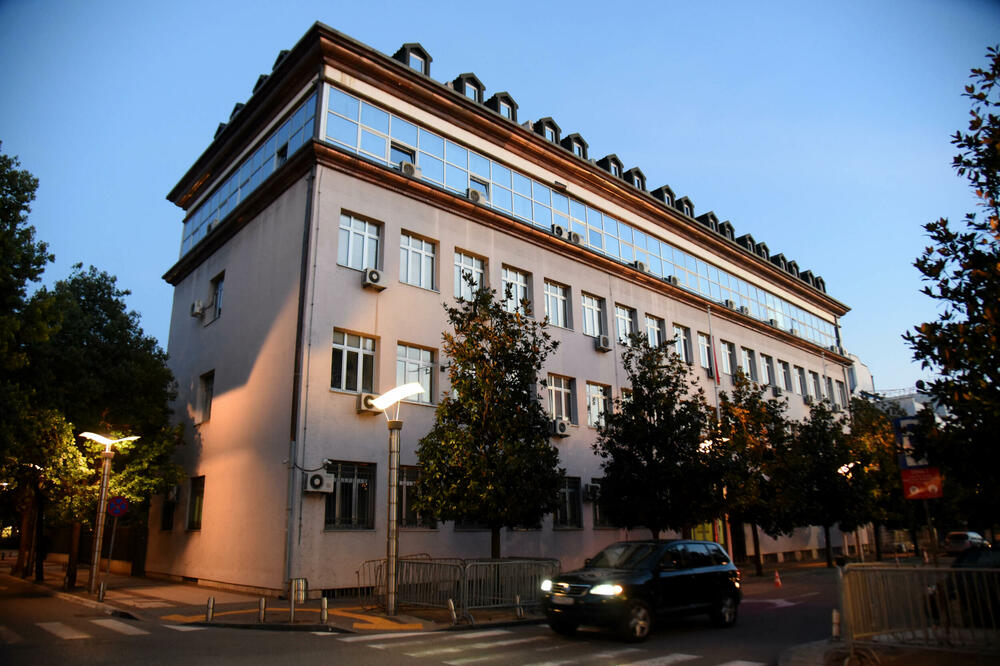The Special Division of the High Court (VS) in Podgorica, which judges cases of corruption, organized crime and war crimes, has ruled only 19 times in almost four years.
That's the data that it is Center for Investigative Journalism of Montenegro (CIN-CG) received from the High Court through free access to information.
Of the 19 verdicts, handed down from January 2020 to October this year, in the department that tries cases initiated by the Special State Prosecutor's Office, 11 of them were convictions, five acquittals and three rejections.
According to the data from the report, there were between 109 cases per year, as in 2020, and 150 cases last year.
Last year, only eight judgments were passed.
In addition to the worryingly small number of verdicts for the most serious crimes, the problem is that trials last a long time, and the number of defendants increases every year.
The number of old items is also growing. All of this could lead to a violation of the right to a trial within a reasonable time, but in some cases also to the statute of limitations.
Until October 12 of this year, there were as many as 44 cases older than three years in the work of the Special Department of the Supreme Court, the Judicial Council (SS) told CIN-CG.
In the High Court of Podgorica, according to the SS report, at the beginning of last year there were 1.967 unresolved cases, of which 661 were older than three years, and at the end of the year 3.185, of which the number of old cases almost doubled to 1.008.
The High Court in Podgorica, in addition to the ineffective handling of the most sensitive proceedings, was additionally compromised by the recent raid on the depot where evidence for the most serious crimes is stored. How much evidence is missing and how much this situation will further complicate the process in that court remains to be seen.
The length of proceedings is one of the main indicators of the efficiency of the judiciary in cases of organized crime and high-level corruption, the representative of Montenegro before the European Court of Human Rights emphasizes for CIN-CG Valentina Pavlicic.
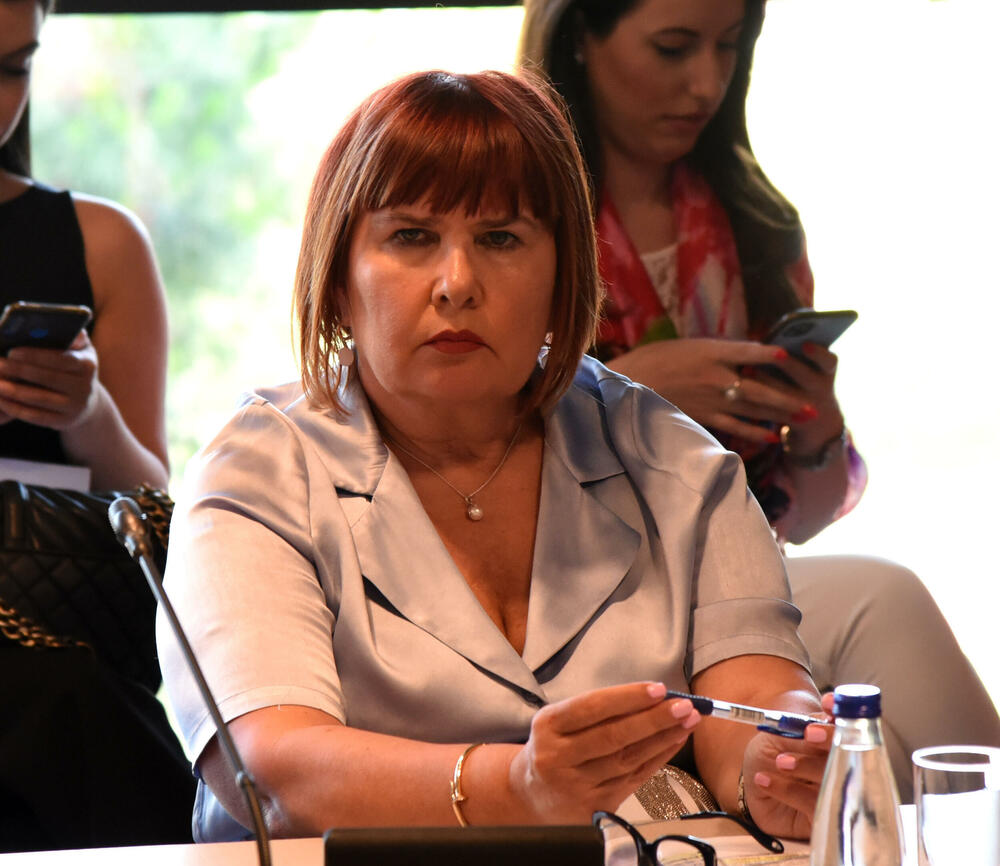
Judicial authorities must make efforts to guarantee a trial within a reasonable time, excuses of case overload cannot be taken into account:
"It is realistic to expect that petitions will be filed if someone has spent three years in detention without a first-instance verdict, provided that there is no contribution from him to delay the proceedings," Pavličićeva points out.
The lawyer before the court in Strasbourg reminds that the European Court of Human Rights (ECtHR) has emphasized in numerous decisions "that states are obliged to ensure the provision of justice without delays that could threaten its effectiveness and credibility".
Processes against officials have not yet started or are at the very beginning
The effectiveness of the judiciary is evidenced by the current processes against the heads of the judiciary, the prosecution and the police, as well as other high-ranking officials, which either have not yet started, or are at the very beginning.
To the former president of the Supreme Court, but also to the long-time head of the Prosecutor's Office Vesni Medenici the trial in the High Court in Podgorica has not yet started, although the indictment was filed a year ago. The extra-judicial panel of the High Court confirmed the accusation only in February of this year. The trial was supposed to start in May, but it was postponed several times. Then the proceedings against Medenica and her colleague from the Commercial Court, the judge, were separated Milice Vlahović Milosavljević in relation to the other defendants. They are judged by a panel of judges Nade Rabrenović.
In October last year, the Special State Prosecutor's Office filed an indictment against Medenica, accusing her of being part of a criminal organization created by her son. Milos Medenica.
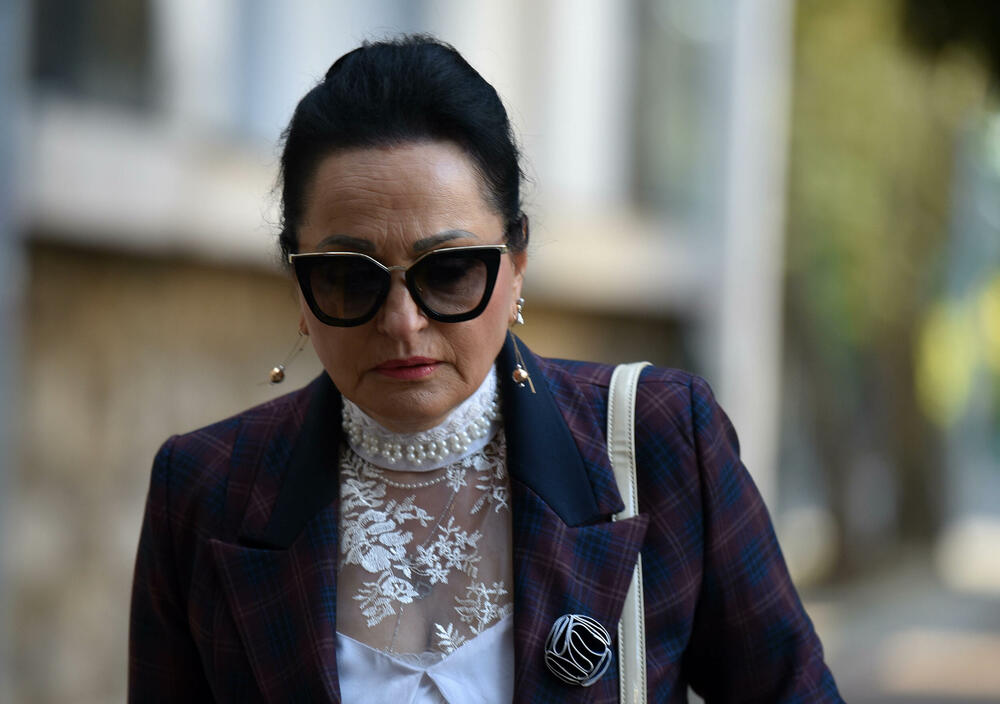
The former "first woman of the judiciary" is accused of interceding in cases before the courts to end in favor of private companies, and of receiving bribes for that.
The criminal group, which, according to the indictment, was founded by her son, is also charged with cigarette smuggling, unauthorized production, possession and distribution of narcotic drugs, exercising illegal influence...
Medenica was released in November last year, after a little less than seven months spent in detention, to defend herself.
To her colleague, the former head of the Commercial Court Blaža Jovanić the trial started only at the end of June this year, although the indictment was filed in November last year. He was accused of being the head of a criminal organization that perpetrated fraud in bankruptcy proceedings in that court. He is tried by a panel headed by a judge Zoran Radovic.
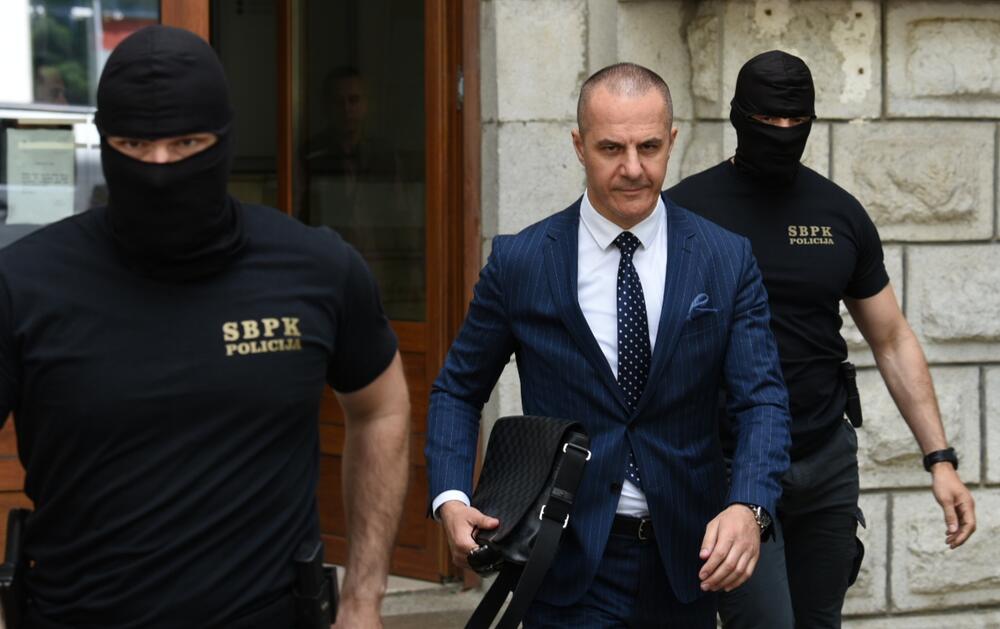
Special State Prosecutor Sasa Cadjenovic he was arrested in December last year on suspicion of collaborating with the "Kavak clan". The indictment was submitted to the High Court in June of this year, and it was confirmed a few days ago. He is charged with the criminal offense of creating a criminal organization and four criminal offenses of abuse of office. That process has yet to start.
At the beginning of January this year, the Special State Prosecutor's Office filed an indictment against the former national security officer Petar Lazović, Radoja Zvicer, a police officer Ljub Milović and several other people. Lazović has been in custody since July last year, and the indictment in this case has not even been confirmed yet. He repeatedly offered multimillion-dollar bail in exchange for freedom, but the court refused it.
In March of this year, the Special State Prosecutor's Office submitted to the High Court an indictment against six former managers of the "Plantaže" company, who are charged with the criminal offense of abuse of position in business operations. The accusation has not yet been confirmed in this case either.
In the case of the Abi Dhabi fund, in which a former high-ranking official of the Democratic Party of Socialists (DPS) is among the suspects Petar Ivanovic, the prosecution scheduled. The indictment for abuse of official position was announced several times, but in the end it turned out that the investigation was being re-opened due to the failure of the prosecutors who handled the case. The investigation began at the beginning of 2021. Ivanovic is suspected of concluding several loan agreements from the Abu Dhabi Fund with local companies, which did not meet the conditions for obtaining loans, thus damaging the budget by eight million dollars.
The Criminal Procedure Code (CPC) states that the prosecutor is obliged to immediately inform the immediately senior state prosecutor (in this case the Supreme Prosecutor) about the reasons why the investigation has not been completed if it is not completed within six months:
"Immediately, the senior state prosecutor will take the necessary measures to complete the investigation."
Even though the investigation in that case was launched in 2019, and the investigation only at the beginning of 2021, with deadlines greatly missed, the Supreme State Prosecutor's Office was only recently informed about it, and the Prosecutor's Council only requested a report on the case in September of this year.
Judges will not go to the High Court
The Special Division of the High Court currently works with only six judges, of which only two panels can be formed. This further complicates the situation because, among other things, the judge who participated in making the decision to confirm the indictment cannot participate in the trial of the accused.
Several experts in the field of law have assessed for CIN-CG that the president of that court, who should take care of the appointment of judges, is responsible for the situation in the High Court, as well as the Supreme Court, which allowed judges to be elected to higher courts, but to leave unfinished cases for the most serious crimes.
Acting President of the Supreme Court of Montenegro Vesna Vuckovic in October, she sent a letter to the President of the Appellate Court of Montenegro Mušiki Dujović and judges of the Criminal Division of the Supreme Court Seki Piletić, Milenka Seki Žižić i Zoran Šćepanović to express their opinion on the possibility of sending judges from these two courts to the Special Department of the High Court in Podgorica:
"The president of the Appellate Court replied that none of the judges of this court is able to be sent to help, and the judges of the Supreme Court took the same position," they told CIN-CG from the Supreme Court.
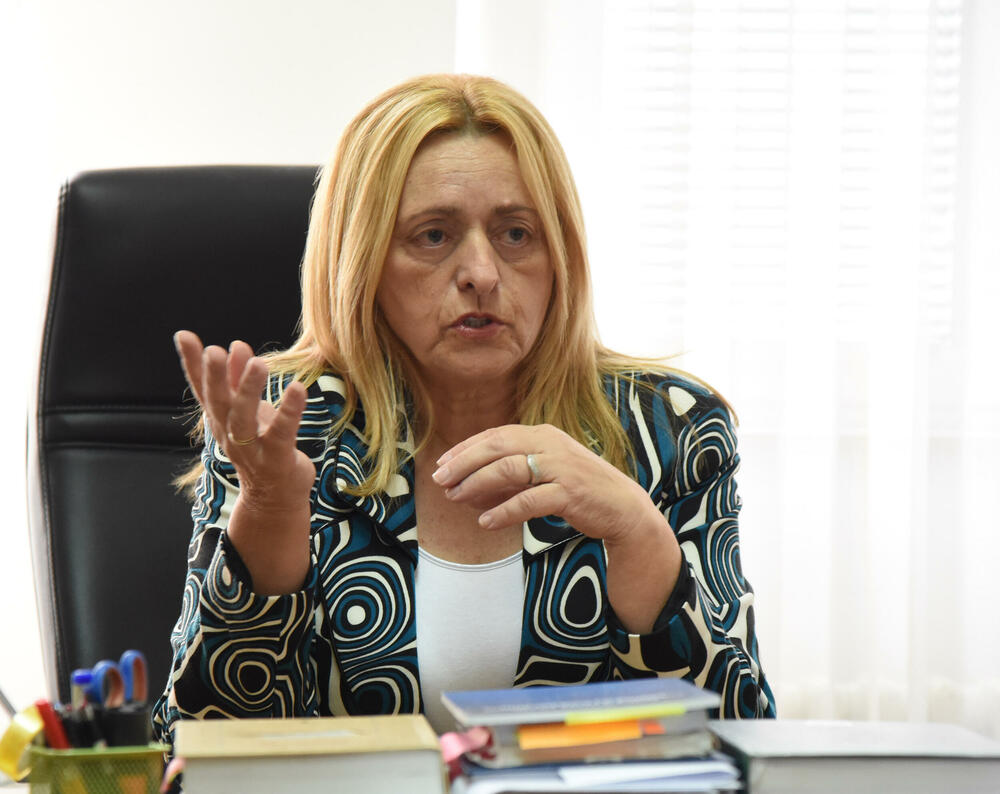
The Judicial Council explains that currently there is only the possibility that the judges of the higher courts can be temporarily transferred to the High Court for up to one year, and that their consent is required for this.
Velentina Pavličić, who is also a former judge of the High Court, explains that the organization and schedule of work in the court is definitely determined by the president of the court.
President of the High Court Boris Savić he did not answer the question of CIN-CG whether he considers himself responsible for the inefficient operation of the Special Department, but also to other questions related to the functioning of that court.
"Practice shows that the current number of engaged judges is not enough, and that preventive action should have been taken to prevent such a situation from occurring. It is about the most sensitive and perhaps the most urgent category of court proceedings that require more than a formal approach," says Pavličićeva.
She assesses that it is precisely in the work on cases of organized crime and corruption that the power of authority, professional knowledge and procedural abilities of the court to conclude such cases within a reasonable time are shown.
Annually, they "solve" a fifth of the cases
In the SS reports, it can be seen that in the Special Division of the High Court, from January 2020 to December 2022, about 20 to 30 percent of cases were resolved annually, of which the smallest number were resolved by verdicts.
In addition to the small number of judges, the pandemic is cited as reasons for insufficient efficiency in the SS report, as well as the large number of defendants and defense attorneys in most cases, which requires additional time. It is also stated that "three experienced judges" left that Department last year.
The report did not deal with possible omissions by judges.
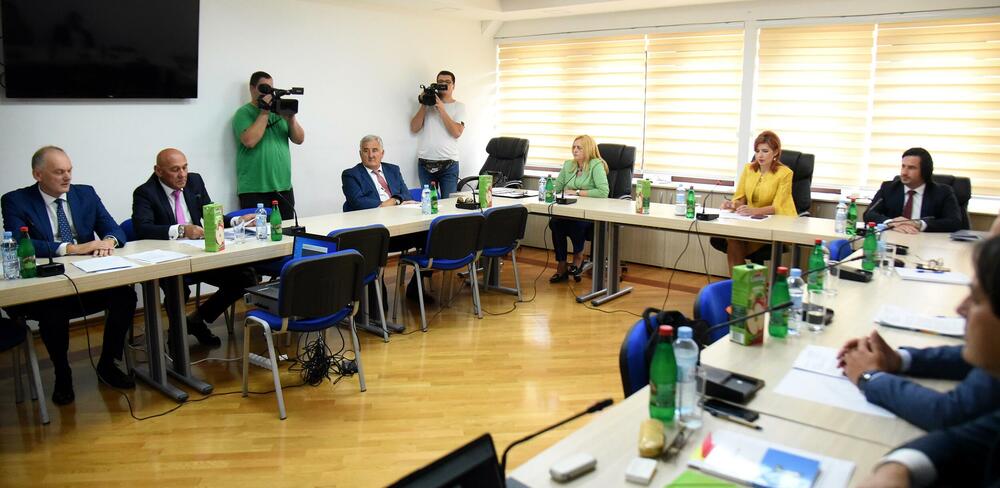
At the same time, it can be seen from the statistics that, last year, in only 45 percent of the cases in which sentences were imposed, the convicted were sentenced to prison.
In 2021, the Special Department of the Supreme Court had 138 cases in its work, of which 95 remained unresolved, i.e. a little less than 69 percent. In the High Court, in all cases of that year, also, in only about 40 percent of those resolved, the verdict was a prison sentence.
During 2020, there were 109 cases in progress, and 81 remained unresolved, i.e. a little more than 74 percent.
Again, only about 44 percent of prison sentences were handed down in all High Court cases.
Timeliness of all courts worsened
Action for Human Rights (HRA) in the Analysis of the Application of the Law on the Protection of the Right to a Trial within a Reasonable Time 2017-2022. concludes that the promptness of the courts significantly worsened in the period from 2017-2022. years:
"The judiciary failed to achieve the goal of reducing the number of backlogged cases, which was foreseen by the Action Plan for the Implementation of the Judicial Reform Strategy, because, instead of decreasing, the number of such cases increased by as much as 49,5 percent compared to the set goal."
They explain that this deterioration is particularly visible in 2022, which was contributed to by the unfilled judges' positions of about 21 percent during 2021 and 2022:
"Careful analysis should be used to examine whether other indicators may indicate that a weaker management of human resources and cases in the courts contributed to the decline in promptness, than was the case before."
They remind that it should be borne in mind that in relation to the number of inhabitants, Montenegro is still the second largest number of judges in Europe, there are even twice as many of them as the European average.
Even though there are so many more of them, it is obvious that they are not well distributed, nor are they efficient. Especially in key cases.
There will be no more hearings to confirm the indictment?
The amendments to the CPC, which are pending in the Parliament, provide that there will no longer be a hearing for the confirmation of indictments, so that the procedure does not drag on unnecessarily.
The court's obligation, according to the amended provisions, is to deliver the indictment to the defendant and the defense attorney, who can declare in writing:
"The court issues a decision confirming the indictment in the event that the conditions stipulated by the law are met. The defendant and the defense attorney have the right to appeal the decision confirming the indictment. With the validity of the decision on confirmation, the indictment enters into legal force".
And the EU warns that there are no judgments
In the so-called non paper of the European Commission (EC) from June of this year points out that the public's perception of impunity for crimes of high corruption and organized crime needs to be improved, and that it is necessary to implement a deterrent, more consistent and more effective punishment policy for the most serious crimes.
They emphasize that the results of investigations and prosecutions in high-profile cases have improved, but that they are not followed by effective trials, and that there are almost no epilogues to those cases and convictions.
And in the 2022 progress report, it is stated that data on the duration of the procedure are not yet available, and that statistical data on the performance of the judicial system are not analyzed, nor used for management and policy-making purposes.

Bonus video:



